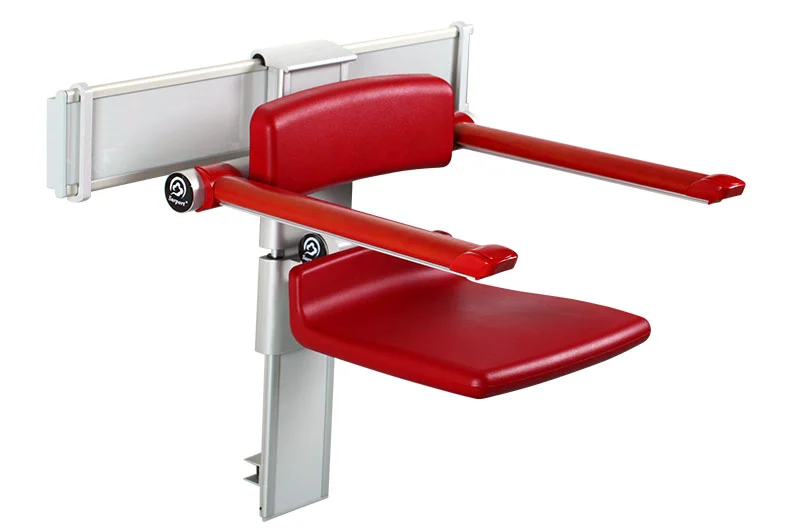Barrier Free Bathroom

Περιγραφή του προϊόντος
Meddo's barrier free bathroom designs offer easy access and maximum safety for patients with limited mobility or special needs. Meddo's barrier free washroom systems provide accessible and safe environments for patients and caregivers, delivering comfort and independence for patients with limited mobility.
Types Of Barrier Free Bathroom Products
Benefits Of Using Barrier Free Bathroom
Improved Accessibility:
Barrier-free bathrooms provide easy access to people with disabilities or mobility limitations, allowing them to use the restroom independently, safely, and comfortably.
Enhanced Patient Outcomes:
Barrier-free bathrooms promote patient independence and self-esteem, thereby improving their overall quality of life and enhancing their health outcomes.
Compliance with Rules and Regulations:
Barrier-free bathrooms are a legal requirement in many countries to ensure the protection of the rights of people with disabilities.
Used by Everyone:
Barrier-free bathrooms with electric wash basin are designed to be universally usable and are intended for use by all, regardless of physical ability or mobility.
Cost-Effective:
Barrier-free bathrooms can be less expensive to build and maintain than retrofitting existing bathrooms with accessibility features.
Promotes Hygiene:
Barrier-free bathrooms are designed with the latest sanitary technologies to promote cleanliness and reduce the risk of infection.
Increased Safety:
Barrier-free bathrooms are designed with safety features such as slip-resistant flooring, grab bars, and support rails, enhancing the safety of patients and visitors.
Improved Reputation:
Hospitals that have barrier-free bathrooms are perceived as more inclusive, compassionate, and socially responsible.
Supporting Family Members:
Barrier-free bathrooms allow family members to use the restroom with and/or assist patients with disabilities or mobility limitations, promoting comfort and support during hospital stays.
Higher Patient Satisfaction:
Barrier-free bathrooms promote patient comfort, independence, and dignity, leading to positive patient experiences and higher satisfaction rates.
Why Is It Important For A Hospital To Have A Barrier-Free Bathroom?
It is important for a hospital to have a barrier-free bathroom for several reasons:
Accessibility:
A barrier free restroom provides access to people with disabilities, which includes patients, visitors and staff. It enables them to use the bathroom independently, ensuring their privacy and dignity.
Safety:
A barrier-free bathroom is designed to minimize the risk of accidents and falls for people with disabilities. The bathroom includes features such as non-slip floors, grab bars, and shower seats, which reduce the risk of falls and injuries.
Infection control:
Hospitals need to maintain stringent hygiene protocols to prevent the spread of infections. A barrier-free bathroom makes it easier to follow these protocols by providing an accessible and hygienic environment where patients and staff can wash their hands and maintain good hygiene practices.
Compliance with Regulations:
Hospitals are required to comply with regulations that mandate the provision of barrier-free bathrooms. Failure to comply with these regulations can result in legal and financial penalties, as well as harm the reputation of the hospital.
Overall, a barrier-free bathroom with bathing trolley is a critical component of any hospital, as it ensures that all individuals can access and use the bathroom in a safe and dignified manner, while also supporting hygiene and infection control.
Maintenance And Cleaning Of Barrier Free Bathroom
Regular cleaning:
Regular cleaning of the barrier-free bathroom is essential for maintaining hygiene. The bathroom should be cleaned regularly using appropriate cleaning agents to remove any dirt, grime and bacteria. The cleaning should include the sink, toilet, shower and floor.

